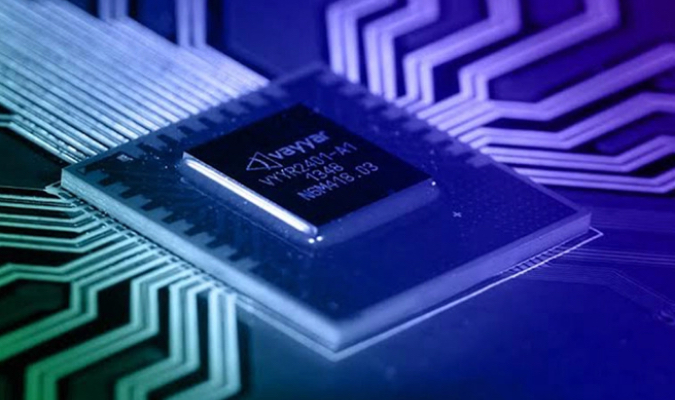Case Studies
“If you’re an entrepreneur,” added Byron Knight, KDT’s managing director, “you realize that KDT is able to offer the depth and breadth of Koch’s capabilities. We don’t just fund the early stages of your business concept, we provide various use cases across multiple industries to test your concepts. We also offer the capabilities and talent needed in areas from safety and compliance to material science and packaging. It all ties back to Koch’s concept of mutual benefit.”
The results of KDT’s investments in Insightec and Ibotta have already been highlighted in Discovery, D-Net and the KochNews website. But those are just the tip of the iceberg. During the past three years, KDT has provided more than $1 billion in essential funding to a wide range of innovators with ideas for 4D sensing, vision-guided warehouse trucks, improved cancer diagnostics and “deep learning” for devices.
Although the names — Automox, Dragos, Strider, Proteantecs — may not be familiar, each company illustrates a fundamental principle: Creative destruction is and always has been inescapable.
Seeing in 4D
Vayyar Imaging Ltd. first developed what it calls “intelligent radar sensors” as a non-invasive way of detecting breast cancers. Since then, and with the help of KDT’s 2019 investment, Vayyar’s horizons have broadened to include vehicle automation, home monitoring, signal testing, construction and security.
In less than two years, 15 beneficial collaborations and applications across Koch were identified. These have included strategies for improved supply chain efficiency from KBX, introductions to key players in the automotive industry thanks to Koch’s public sector capability and data analytics provided by i360.

Deep learning
Last September, KDT made a significant investment in DeepCube, a company focused on machine learning. DeepCube has developed the world’s first software-based inference calculator, an innovation that accelerates how devices “learn” so they can operate faster, more accurately and more independently.
“It can sound strange and complicated,” admitted Eli Groner, the managing director of KDT in Israel, “but in essence what we’re doing is making it easier for any device to harness artificial intelligence, regardless of who developed the hardware.”
DeepCube offers a major boost for semiconductor manufacturers trying to develop leading-edge applications. It also makes data centers more efficient by reducing processing costs and memory requirements while lowering the amount of costly energy needed to power intensive computing. Edge devices (such as security cameras, drones and mobile technologies) can operate with greater speed and security using DeepCube’s software.

Yours or mine?
Intellectual property and customized supply chain technology are some of the most valuable assets a company can own. Both are vulnerable to corporate espionage efforts from those who want to steal ideas or disrupt operations. Strider, which received funding from KDT in October, has created a risk identification platform that helps combat these kinds of attacks.
Strider is merging public data and human expertise with proprietary data science into what is called its “Risk Intelligence Platform.” Companies can use this platform to proactively identify risks before attempts are made to steal information, as opposed to reactively attempting to stop a breach once it has occurred.